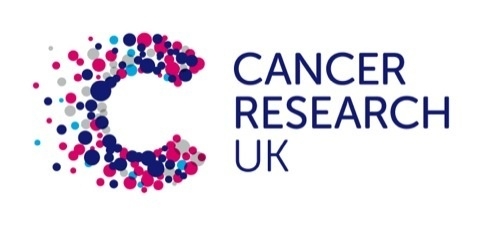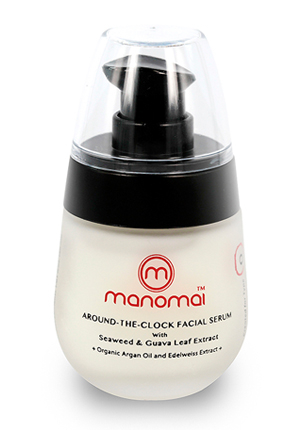Cancer Research UK appoints Guerilla Tea to build new “cancer cure” mobile game

Cancer Research UK have hired development agency Guerilla Tea to build their first mobile phone game to pinpoint new genetic causes of cancer.
Working closely with Cancer Research UK’s scientists, Guerilla Tea will develop the game for smartphones. With a working title of ‘GeneGame’, you play to analyse Cancer Research UK’s gene data.
With the help of Channel 4’s games expert Colin Macdonald, Cancer Research UK selected Dundee-based Guerilla Tea for the project as they most closely fulfilled the brief. The game needed to be fun to play but also simultaneously feed highly accurate analysis of variations in gene data to Cancer Research UK scientists.
Mark Hastings, CEO of Guerilla Tea, said of the project: “We’re right at the start of a world-first initiative that will result in a game that we hope hundreds of thousands of people across the globe will want to play over and over again and, at the same time, generate robust scientific data analysis.
“Combining complicated cancer research data and gaming technology in this way has never been done before and it’s certainly no mean feat but we’re working with the best scientific and technology brains in the business, we’re ready for the challenge and believe the results will have global impact and speed up research.
“We’re absolutely delighted to have been selected by Cancer Research UK for this project. We’ve always believed games technology has the potential to provide huge benefits to other sectors and this project will be a wonderful example of that. We’re very excited to get started and through our work look forward to helping speed up discoveries that one day might lead to new cancer treatment.”
GeneGame is the charity’s second project that uses the help of the public to sift through and analyse the colossal amounts of data that need to be processed. Cell Slider, launched in October 2012, lets the public classify archived breast cancer samples. This allows Cancer Research UK’s scientists to better understand breast cancer risk and response to treatment.
Dr Joanna Reynolds, director of science information at Cancer Research UK, said: “Over 200,000 people have already visited our Cell Slider site, from over 100 countries, making more than 1.6 million classifications. In just three months, citizen scientists had analysed data that would typically take our scientists 18 months to do and early indications of the accuracy are promising. With GeneGame we are being bolder, braver and bigger, and we hope that by the end of the year we’ll have a game that not only is fun to play but will play a crucial role in developing new cancer cures sooner – ultimately saving lives.”
Indra Wignall
You can access CellSlider at www.cellslider.net.






















Facebook
Twitter
Instagram
YouTube
RSS